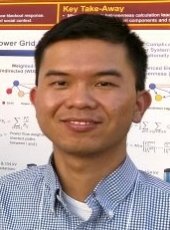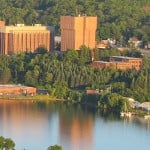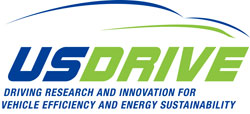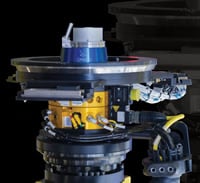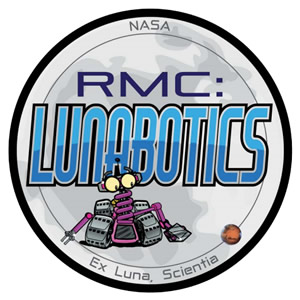 Paulus van Susante (MEEM/MARC) is the principal investigator on a project that has received a $5000 other sponsored activities grant from the University of Michigan. The project is entitled, “MTU Team for NASA Lunabotics Competition.” This is a 5 1/2 month project.
Paulus van Susante (MEEM/MARC) is the principal investigator on a project that has received a $5000 other sponsored activities grant from the University of Michigan. The project is entitled, “MTU Team for NASA Lunabotics Competition.” This is a 5 1/2 month project.
This competition is a full-on engineering exercise where students receive practical experience in the full engineering lifecycle process from concept development to system closeout.
